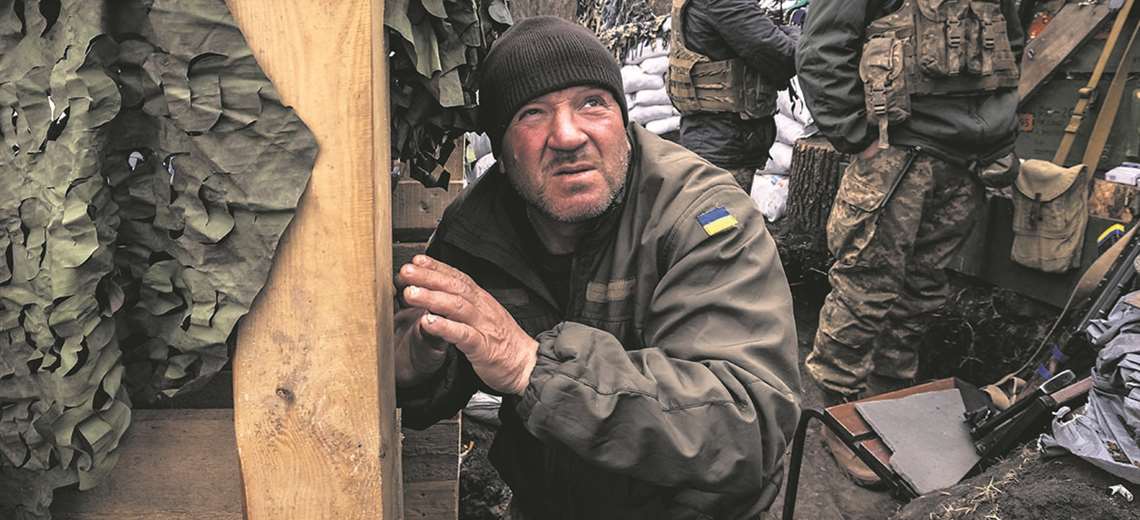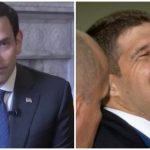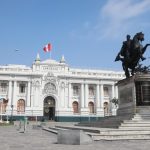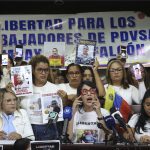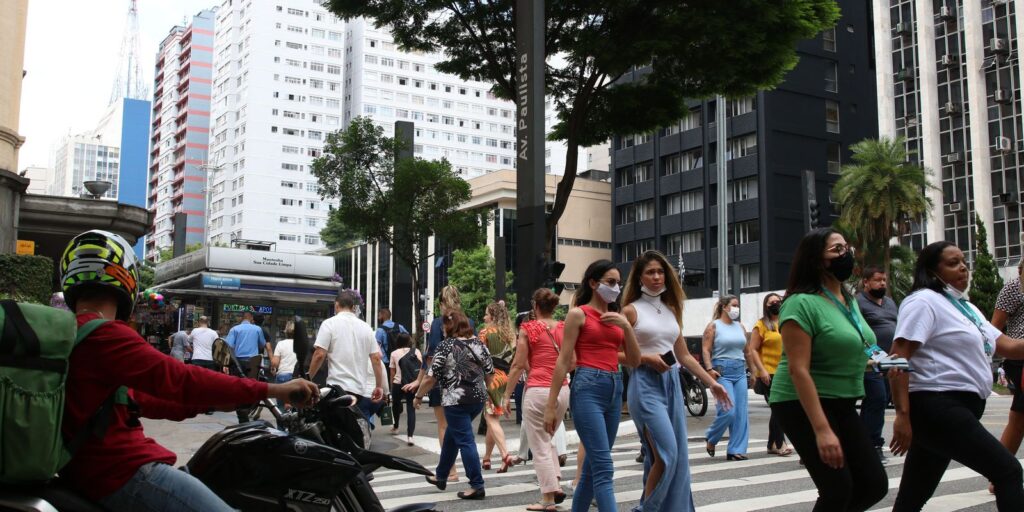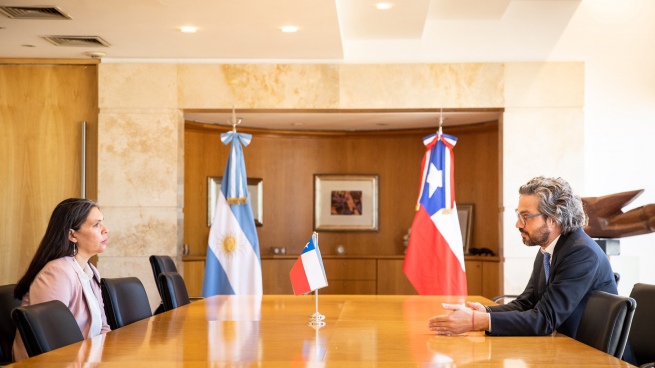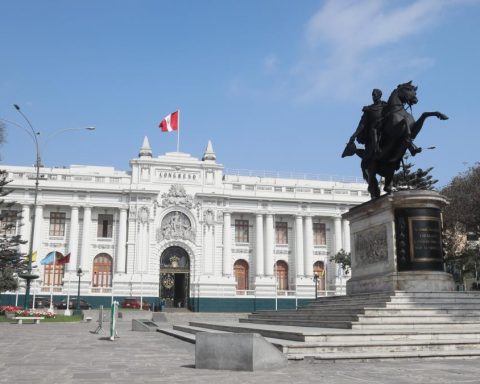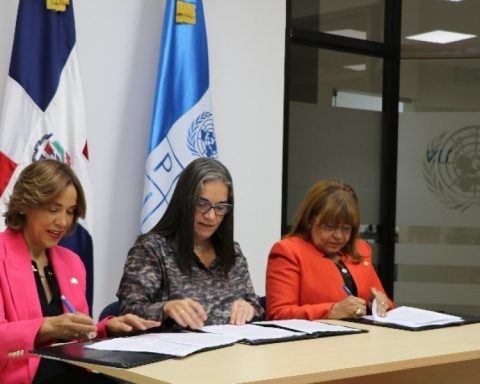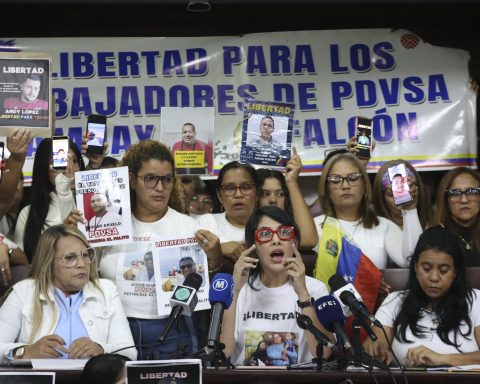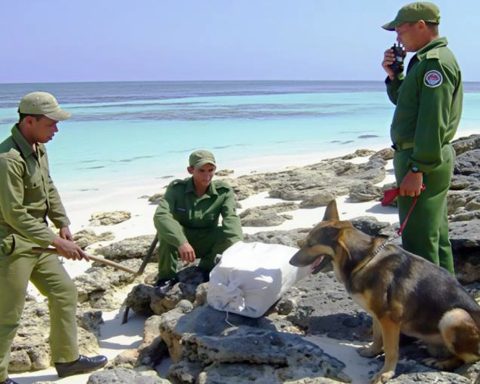Russia regroups its troops in Ukraine to launch new attacks, NATO said yesterday, at a time when Moscow opened a new front threatening to cut off gas deliveries to the European Union if it does not receive payment in rubles.
“Russian units are not withdrawing but repositioning themselves,” said NATO Secretary General Jens Stoltenberg.
According to the head of the Transatlantic Alliance, Russian President Vladimir Putin intends to “strengthen his offensive in Donbas”, the region of eastern Ukraine already largely controlled by the pro-Russian separatists, “keeping pressure on kyiv and other cities.”
There will be “more attacks, with more suffering,” he added.
Ukrainian General Pavlo ‘Master’ He also considered that Russian troops “are regrouping to attack and send maximum forces” to the south and east, in statements in Kharkov.
Ukraine’s nuclear agency, Energoatomindicated that the Russian troops that took over the Chernobyl plant on February 24 had withdrawn from the site, the scene in 1986 of the worst civil nuclear catastrophe in history.
The American President, Joe Biden, He said he was “a little skeptical” about the intention announced this week by Russia to withdraw from certain areas of Ukraine to concentrate its efforts in the east.
But according to a senior US defense official, even if that were to happen it could open the door to a “longer and more protracted conflict”, given that the Ukrainians “know the territory very well” and “have a lot of forces there”.
Pay for gas in rubles
Putin announced yesterday that “hostile” countries, including those of the European Union (EU), must have accounts in rubles and that “the gas payments that will be delivered from tomorrow, April 1, will be made from those accounts.”
The German head of government, Olaf Scholz, stated that the members of the EU they will continue to pay for Russian gas in euros and dollarsbecause that is what “is written in the contracts”.
French Economy Minister Bruno Le Maire said that Germany and France they are “preparing” for an eventual cut off of Russian gas imports, after meeting in Berlin with his German counterpart, Robert Habeck.
Russia also prohibited the entry into its territory of the “top leaders” of the EU and to the majority of MEPs, in retaliation for the sanctions he faces for the invasion of Ukraine.
The United States, for its part, announced new sanctions against Russia, targeting this time the technology sector, including the largest Russian manufacturer of semiconductors.
massive humanitarian crisis
Since the beginning of the Russian invasion, on February 24, 4 million Ukrainians have fled the country and 6.5 million have become internally displaced, according to the UN.
“We are confronted with the realities of a massive humanitarian crisis, which grows every second,” warned the UN High Commissioner for Refugees (UNHCR).
Ukrainian authorities try to organize the evacuation of Mariupol (southeast), where 160,000 civilians remain blockaded and subjected to the siege and bombardment by the Russian army since the end of February.
The Ukrainian government announced the dispatch of 45 buses to try to carry out this operation, which would be carried out through humanitarian corridors.
